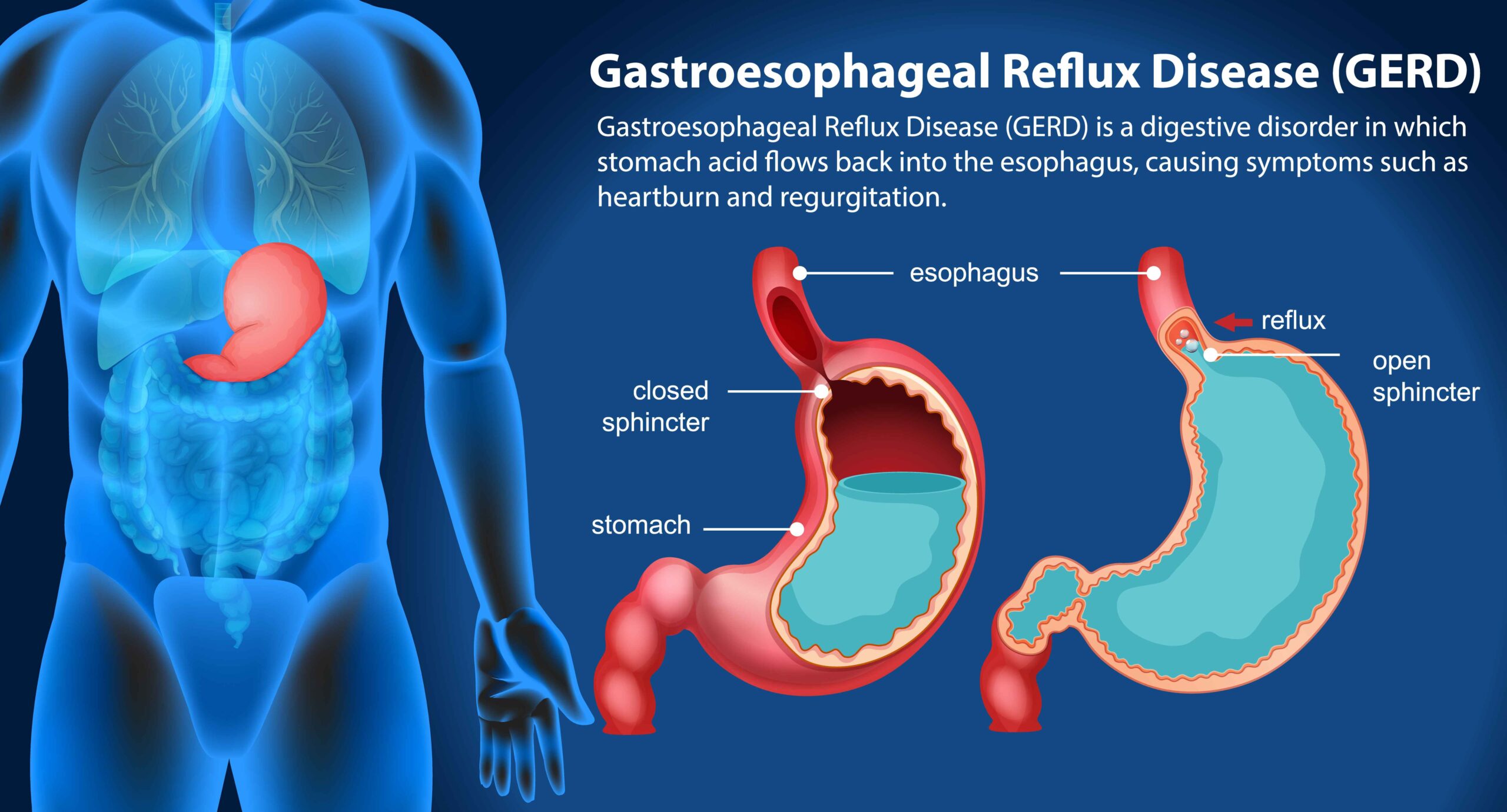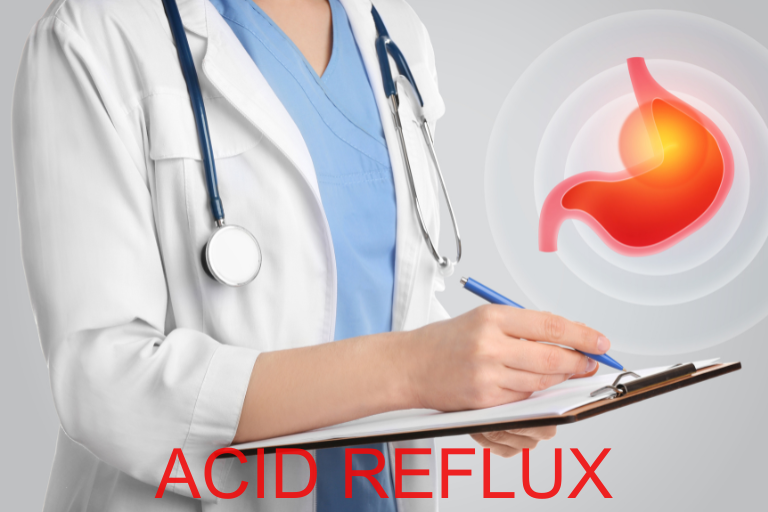Gastroesophageal Reflux Disease (GERD): Understanding Symptoms, Causes, and Effective Treatments

Gastroesophageal Reflux Disease, commonly known as GERD, is a condition that affects many individuals worldwide. It’s characterized by the backflow of stomach acids into the esophagus, leading to symptoms like heartburn, regurgitation, and discomfort. As an acid reflux specialist, I’ve seen firsthand the impact GERD can have on one’s quality of life. This comprehensive guide aims to explore the symptoms, causes, and a variety of treatments available for managing this condition effectively.
GERD Symptoms
The journey to managing GERD effectively begins with understanding its symptoms. Common gastroesophageal reflux disease symptoms include persistent heartburn, regurgitation of food or sour liquid, difficulty swallowing, and feeling a lump in the throat. If you’re experiencing these symptoms regularly, it might be time to consult an acid reflux specialist.
Causes of GERD
The root cause of gastroesophageal reflux disease lies in the malfunctioning of the lower esophageal sphincter (LES). Several factors can contribute to this, including obesity, certain foods and beverages, smoking, and specific medications. Understanding these triggers is crucial for managing GERD effectively.
Treatments for GERD
The landscape of gastroesophageal reflux disease treatments is vast, ranging from lifestyle modifications to advanced therapeutic options. Here’s a look at various strategies to manage GERD:
1. Lifestyle Changes:
Simple adjustments like eating smaller meals, avoiding trigger foods, and not lying down immediately after eating can significantly reduce GERD symptoms.
2. Medications:
Over-the-counter antacids, H2 blockers, and proton pump inhibitors are often effective in managing GERD symptoms. However, it’s essential to consult with a healthcare provider before starting any medication.
3. Advanced Therapies:
For those with severe GERD, advanced treatments such as endoscopic procedures or surgery might be recommended to strengthen the LES and provide long-term relief.
4. GERD Symptom management:
Living with GERD requires a comprehensive approach to managing symptoms effectively. Incorporating a balanced diet, maintaining a healthy weight, and avoiding tobacco and alcohol can help mitigate the discomfort associated with GERD.
Remedies for Acid Reflux Disease
Natural remedies, such as ginger tea, baking soda, and aloe vera juice, can offer relief for mild GERD symptoms. However, it’s essential to discuss these options with a healthcare professional to ensure they’re appropriate for your situation.
Frequently Asked Questions on GERD
What is the best treatment for GERD?
The best treatment varies depending on the individual’s symptoms and lifestyle. A combination of medication, lifestyle changes, and, in some cases, surgery, can be effective.
How can I reduce my GERD?
Reducing GERD symptoms involves lifestyle modifications such as diet changes, weight management, and avoiding triggers.
Can I cure GERD with diet?
While diet alone cannot cure GERD, it can significantly reduce symptoms and improve quality of life.
What is the first-line treatment for GERD?
The first line of treatment typically involves lifestyle changes and over-the-counter medications, such as antacids.
Can GERD be cured permanently?
While there is no permanent cure for GERD, the condition can be managed effectively with the right treatment plan, allowing individuals to lead a comfortable life.
Also read, Demystifying Indigestion and Dyspepsia: Your Guide to Symptoms, Treatment, and Prevention


